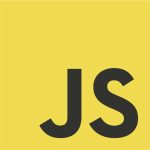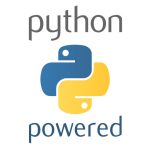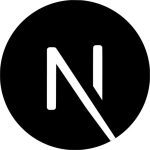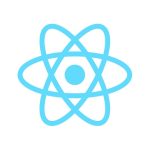Understanding the Role
A full-stack developer is a versatile programmer who can work on both the front-end and back-end of a web application. This involves proficiency in various technologies and programming languages.
Key Skills and Technologies
To become a full-stack developer, you’ll need to acquire a solid foundation in the following areas:
- Front-End Development:
- HTML (Hypertext Markup Language): The building blocks of web pages.
- CSS (Cascading Style Sheets): Styling and layout of web pages.
- JavaScript: Adding interactivity and dynamic features to web pages.
- Front-end frameworks: React, Angular, or Vue.js.
- Back-End Development:
- Programming language: Python, JavaScript (Node.js), Ruby, or PHP.
- Database management systems: MySQL, PostgreSQL, MongoDB, or SQLite.
- Web frameworks: Django, Express.js, Ruby on Rails, or Laravel.
- Version Control:
- Git: A popular version control system for tracking changes to code.
- Soft Skills:
- Problem-solving
- Communication
- Teamwork
- Continuous learning
Learning Path
Here’s a suggested roadmap to help you become a full-stack developer:
- Learn the fundamentals: Start by mastering HTML, CSS, and JavaScript.
- Choose a front-end framework: Learn a popular front-end framework like React, Angular, or Vue.js.
- Learn a back-end language and framework: Choose a back-end programming language and framework that aligns with your interests and career goals.
- Practice database management: Learn how to work with databases and SQL.
- Build projects: Practice your skills by building real-world projects.
- Learn version control: Master Git for effective collaboration and code management.
- Network and collaborate: Connect with other developers and contribute to open-source projects.
Additional Tips
- Stay updated: The tech world is constantly evolving, so stay up-to-date with the latest trends and technologies.
- Practice regularly: Consistent practice is key to improving your skills.
- Join online communities: Engage with other developers on forums, social media, and online communities.
- Consider a bootcamp or online course: These can provide a structured learning experience and accelerate your progress.
By following this roadmap and consistently practicing, you can develop the skills and knowledge needed to become a successful full-stack developer.





